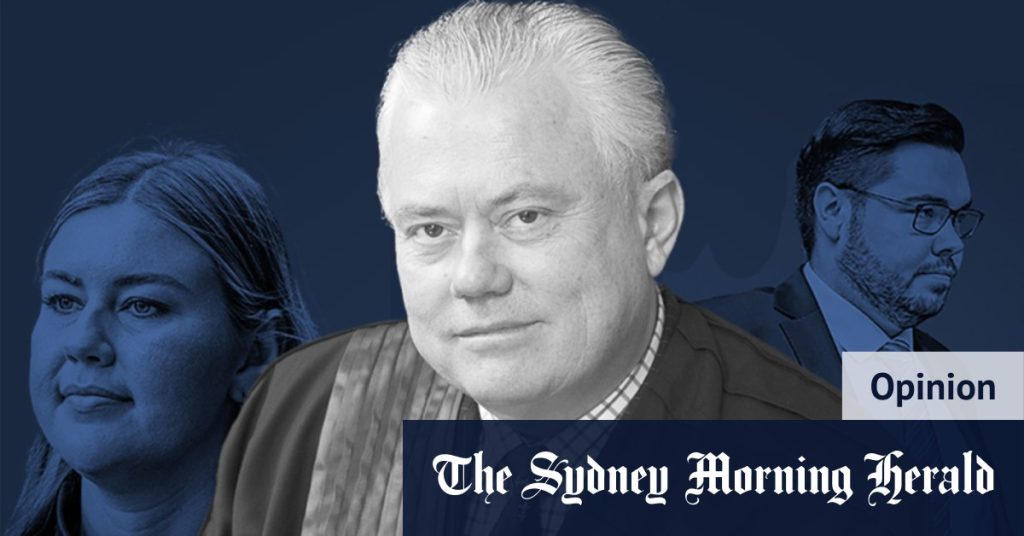In recent events in Sydney, two stabbing incidents sparked outrage and rapid reactions from both sides. The Bondi Junction mall massacre and the church stabbing of Assyrian Christian leader Mar Mari Emmanuel led to quick responses fueled by internet misinformation and bigotry. The mainstream media also played a role in spreading false narratives due to the pressure of being the first to report a story. The speed of the internet spread into the real world, causing chaos and confusion in the aftermath of the attacks.
Following the church stabbing, a crowd quickly formed at the scene, attacking police who were trying to help the victims. The incident was streamed live and went viral, further fueling the already tense situation. Authorities labeled the stabbing as a terror attack within 24 hours, despite the assailant being a troubled teenager with mental health issues. The internet played a significant role in circulating videos and information about the attack, forcing the police to act swiftly in their response.
The Federal Court delivered a lengthy judgement in the Bruce Lehrmann defamation case, taking months of deliberation before reaching a conclusion. Justice Michael Lee’s remarks highlighted the tribal reactions to the case, with different factions fastening onto their perceived truth without considering all the facts. Lee criticized Channel Ten for failing to question the political cover-up narrative pushed by the individuals involved. This slow and deliberate process in the court stood in stark contrast to the rapid pace of information sharing online.
A journalist from American National Public Radio, Uri Berliner, accused NPR of betraying its listeners by skewing its reporting towards progressive narratives and away from inconvenient truths. NPR’s coverage of sensitive issues like the origins of the COVID virus and trans rights lacked diversity of viewpoints, according to Berliner. His public criticism led to his resignation from NPR, revealing the challenges in modern journalism and the difficulty in integrating diverse perspectives while maintaining journalistic integrity.
The increasing polarization and inability to have civil disagreements are evident in current discourse, both online and offline. Defending one’s position vehemently has become a necessity, as any sign of compromise is viewed with suspicion. The antidotes to this toxic cycle are slowness, nuance, and a tolerance for complexity, qualities that are becoming increasingly rare in today’s fast-paced world. It is essential to cultivate these attributes in order to navigate the complexity of modern society and engage in meaningful dialogue that promotes understanding and respect for diverse viewpoints.


